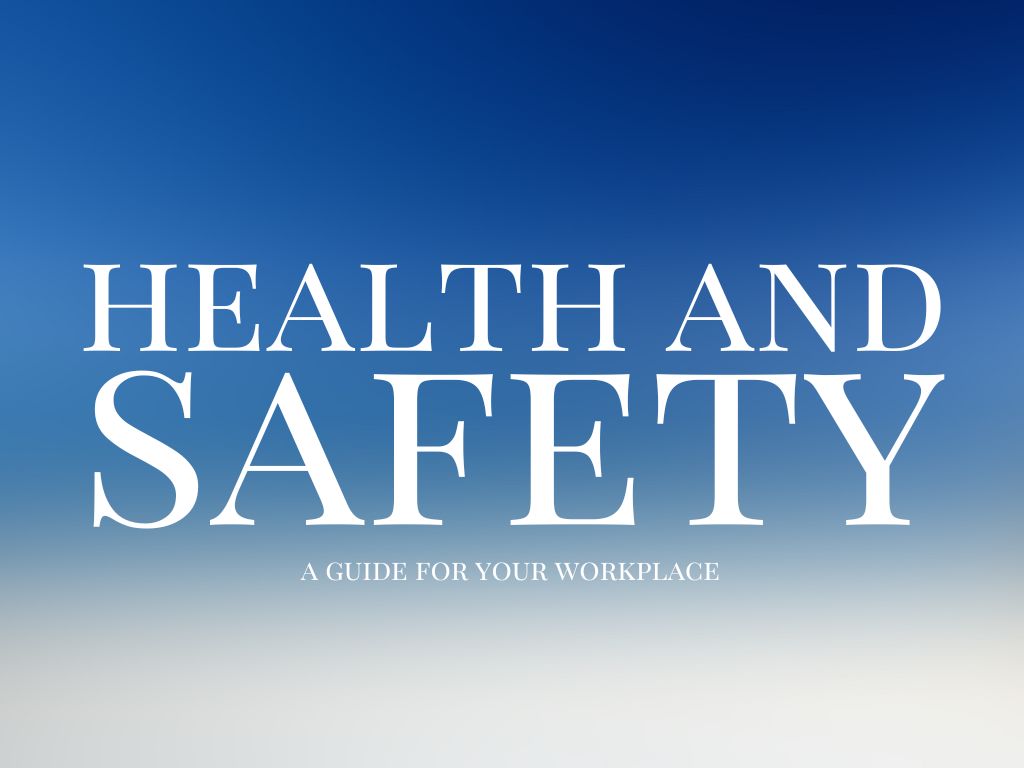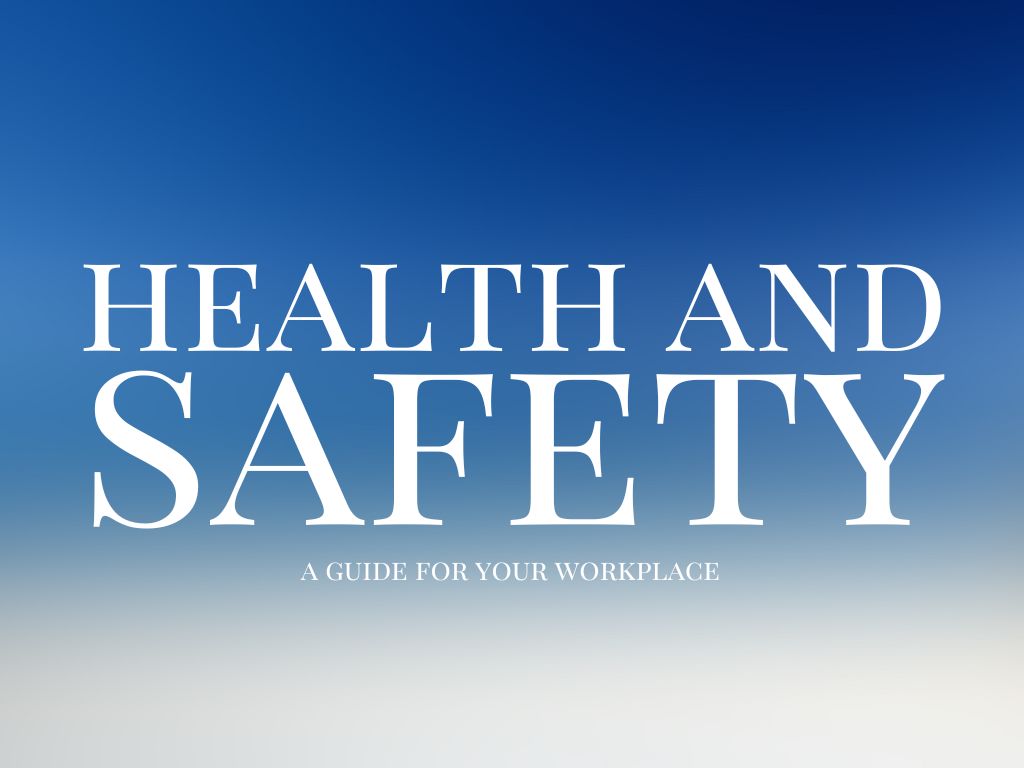Title: "Mastering Your Morning Routine: When to Take Breakfast for Maximum Benefit"
Introduction:
In the realm of healthy living, breakfast holds a special place. Its often hailed as the most important meal of the day, setting the tone for your energy levels and productivity. But amidst the myriad of advice on what to eat for breakfast, one question frequently arises: when should you take your morning meal for maximum benefit? Lets delve into the science and explore the optimal timing for breakfast.
Body:
The Early Bird Gets the Nutrients:
Traditional wisdom suggests having breakfast shortly after waking up, typically within an hour or so. This approach capitalizes on the body's overnight fasting period, replenishing energy stores and jumpstarting metabolism. Eating early can also stabilize blood sugar levels, preventing mid-morning crashes.
Listen to Your Body's Clock:
However, the ideal timing for breakfast isn't a one-size-fits-all equation. It varies depending on individual factors such as circadian rhythms, activity levels, and personal preferences. Some people naturally feel hungry upon waking and benefit from an early breakfast, while others prefer to delay eating until later in the morning.
Consider Your Goals:
The timing of breakfast can also align with specific health or fitness goals. For example, those aiming for weight loss might benefit from delaying breakfast to extend the overnight fasting period, a practice known as intermittent fasting. On the other hand, athletes and individuals with demanding physical jobs may require an early breakfast to fuel their activities.
Mindfulness Over Meal Timing:
Ultimately, the key is to prioritize mindfulness over strict meal timing. Pay attention to your body's hunger cues and energy levels rather than adhering rigidly to a predetermined schedule. If you feel hungry upon waking, honor that signal with a nutritious breakfast. Conversely, if your not hungry right away, there's no harm in waiting until your appetite kicks in.
Conclusion:
The ideal timing for breakfast is a personal matter, influenced by factors such as metabolism, activity level, and individual preferences. While eating shortly after waking aligns with traditional wisdom and can provide benefits such as stabilizing blood sugar levels and kickstarting metabolism, its essential to listen to your body's cues and adjust your morning routine accordingly. Whether you opt for an early breakfast to fuel your day or prefer to delay eating until hunger strikes, prioritize mindfulness and nourishment for a healthy start to your day.




0 Comments